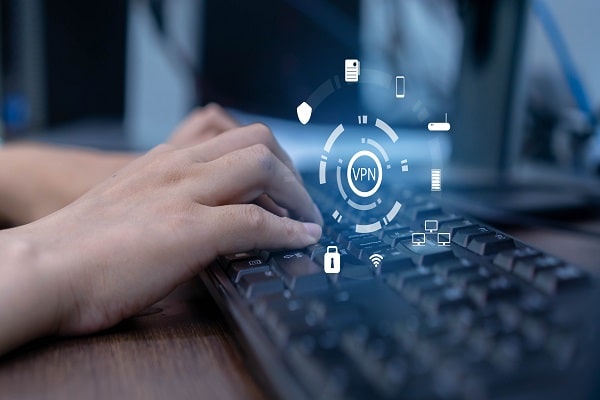In modern digital and wi-fi enabled work, it is difficult to do anything without the Internet. However, the internet can be a tricky place. Not only are your data, personal information and interests tracked, but often passwords can be found in data breaches. You may usually read news about ransomware leading to financial and other losses.
A VPN helps in providing eliminating or minimizing security and privacy risks. While you may be using shared networks at home, work, or public places, you are always at risk of compromising your data.
How do VPNs work?
When you use a VPN (virtual private network) – and you have to subscribe to it – your internet activity is shielded and your data protected. The VPN provider encrypts your data and also hides your actual internet address, providing its own. This makes for a safer and more secure connection that is practically impossible to track.
It also helps block malicious websites, trackers, and trackers that may attempt to steal your private and sensitive information which can put you at risk of identity theft or financial loss. When you use the internet using a VPN, your internet address is hidden and the VPN has a remote server that will have its internet address. This is what the site or app can see and not your actual internet address.
How does using a VPN protect you – should you be worried?
You may think that using your browser in incognito mode will help protect you. It will offer some privacy, but your internet service provider and even the websites you go to will still have your information.
Using a VPN helps in the following ways:
- There is increasing concern about unnecessary and unwarranted surveillance by various agencies including government or corporations or those who have malicious intentions. These can be used for various purposes and can be considered privacy violations or even curtail your digital freedom.
- If you are a large corporation a high net worth individual or even a normal middle-class working man, you don’t want to be a victim of any kind of fraud. At its worst, it can ruin you, or it can tie you up in unwanted litigation or other bureaucratic tangles.
- VPNs can bypass geo-restrictions such as those put in place by organizations, governments, or educational institutions. You can go to any website anywhere globally when you use a VPN.
- VPNs provide encryption that allows you to share private, sensitive, or confidential information with other people safely, without fear of being tracked and found out.
- Security breaches can lead to a great deal of financial loss in many ways, and using a VPN is one way to reduce this risk.
As you can see, using a VPN can only help you maintain your digital freedom and privacy. You can browse privately and comfortably, knowing that you cannot be tracked.
Conclusion
In today’s digital age, it is all the more important that your private and confidential information is not liable to be breached. Using a VPN is the safer way to be connected seamlessly and comfortably.


